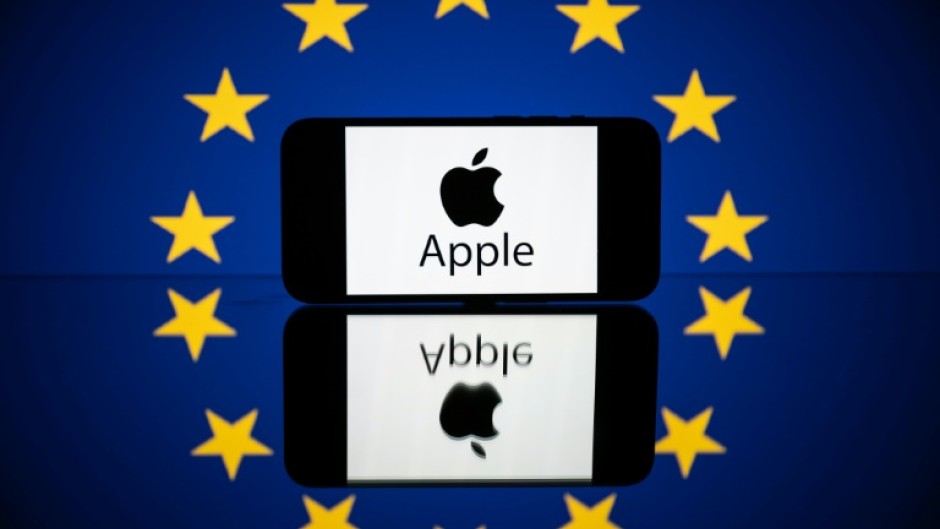BRUSSELS - The European Court of Justice's top legal advisor recommended on Thursday that an EU court make a new ruling in the long-running 13-billion-euro ($14-billion) tax case between Apple and Brussels.
The landmark case is one of the most fierce battles between the European Commission and big tech, dating back to 2016 when the EU's executive arm accused Ireland of allowing Apple to escape 13 billion euros in taxes.
The EU claimed that, between 2003 and 2014, Apple parked untaxed revenue earned in Europe, Africa, the Middle East and India in Ireland, which is the European hub for big tech.
Brussels alleged that this amounted to illegal "state aid" by Ireland.
The opinion of Advocate General Giovanni Pitruzzella is not binding on the court, but it will be influential and taken as a sign of the direction the case is taking.
The bloc's highest court heard the commission's appeal earlier this year against a 2020 decision by the EU's lower General Court to annul its order that Apple repay the money.
But according to Pitruzzella, the General Court "committed a series of errors in law", and therefore he recommended setting aside the previous judgement.
"In the Advocate General's opinion, it is therefore necessary for the General Court to carry out a new assessment," the ECJ said in a statement.
A final decision by the ECJ is expected within a few months but the judges are not bound by Thursday's opinion.
Apple has pushed back against the commission's claims.
"The General Court's ruling was very clear that Apple received no selective advantage and no state aid, and we believe that should be upheld," Apple said in a statement.
During a hearing in May, the commission's lawyer, Paul-John Loewenthal, told the ECJ there had been a "breach of procedure" and "numerous other legal errors" when the lower court heard the case.
Apple's lawyer Daniel Beard pushed back against Loewenthal's claims at the time. "Apple has paid the taxes that were due under the Irish tax code," Beard said.
Apple has been present in Ireland since the 1980s.
The EU has faced difficulty justifying its tax decisions in recent years with previous court losses against Amazon and Starbucks.
raz/dc/lth

